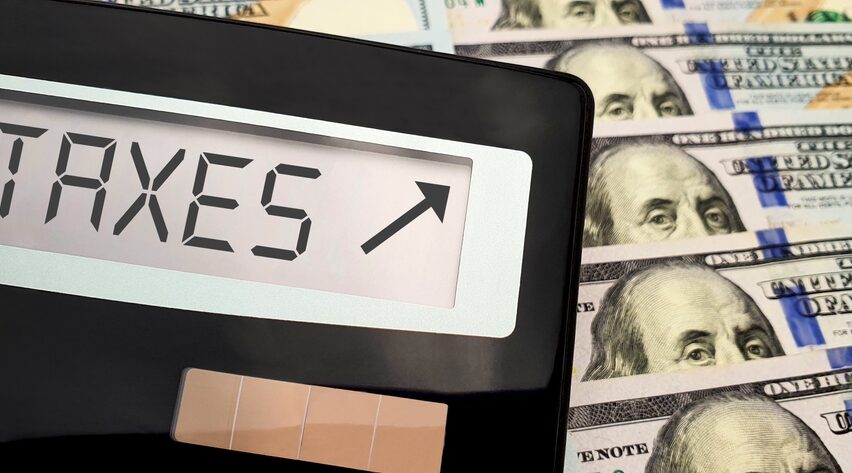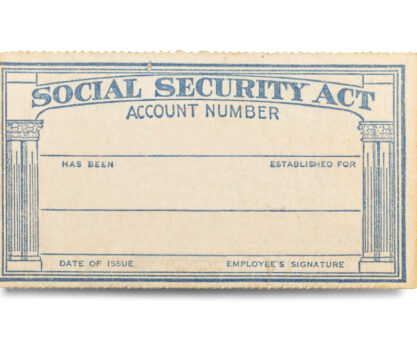No one can predict what the U.S. tax rates will be 20 to 30 years from now but one fact remains: current rates are the lowest they’ve been in close to a century. If Congress doesn’t extend the Trump Tax Cuts (TCJA) for individual taxpayers, everyone will likely be paying higher taxes starting on January 1, 2026. This is why pre-retirees should plan for the inevitability of higher income taxes when they separate from service.
Most Of Your Federal Retirement Income Is Taxable
You may be surprised to learn how much of your monthly FERS annuity (pension) is taxable. Since you’ve already paid taxes on your contributions, this portion is tax-free and stretched out over your life expectancy. However, the rest of your FERS annuity is taxable and this can be as much as 90% to 98%.
Now factor in that distributions from your traditional Thrift Savings Plan (TSP) are 100% taxable and may bump you into a higher tax bracket. Add even further to the bill, as much as 50% to 85% of your household Social Security benefits are taxable depending on your provisional income. When you include retirement income you may receive from other sources, like your spouse’s 401k plans and other investments, you may find your tax bracket is higher than it was during your working years.
“Then again, depending on where you live, some or all of your retirement income may be subject to state income taxes.”
How RMDs Can Result In Higher Taxes
Though the SECURE Act 2.0 raised the age for Required Minimum Distributions (RMDs) to 73, you need to consider how it also raises taxes on distributions from your traditional TSP. When your TSP balance has an extra year to grow, RMDs will be higher resulting in an increased tax bill. This becomes even more of a potential tax burden when the RMD age increases to 75 in 2033. Your tax-deferred accounts now have three more years to grow and your RMDs will be even higher raising you into an even higher tax bracket.
Other Factors That May Bump You Into A Higher Tax Bracket
Once you retire, you may no longer have certain tax deductions like claiming your kids as dependents. If you’ve sold your home and downsized to a rental in retirement, you’ll also lose income tax breaks for homeowners. Then again, depending on where you live, some or all of your retirement income may be subject to state income taxes. Check your state tax law to see if any exemptions or retirement income thresholds apply.
Entering retirement without a strategic tax plan is one of the biggest mistakes you can make. Connect with an FRC® trained advisor to learn more.

























